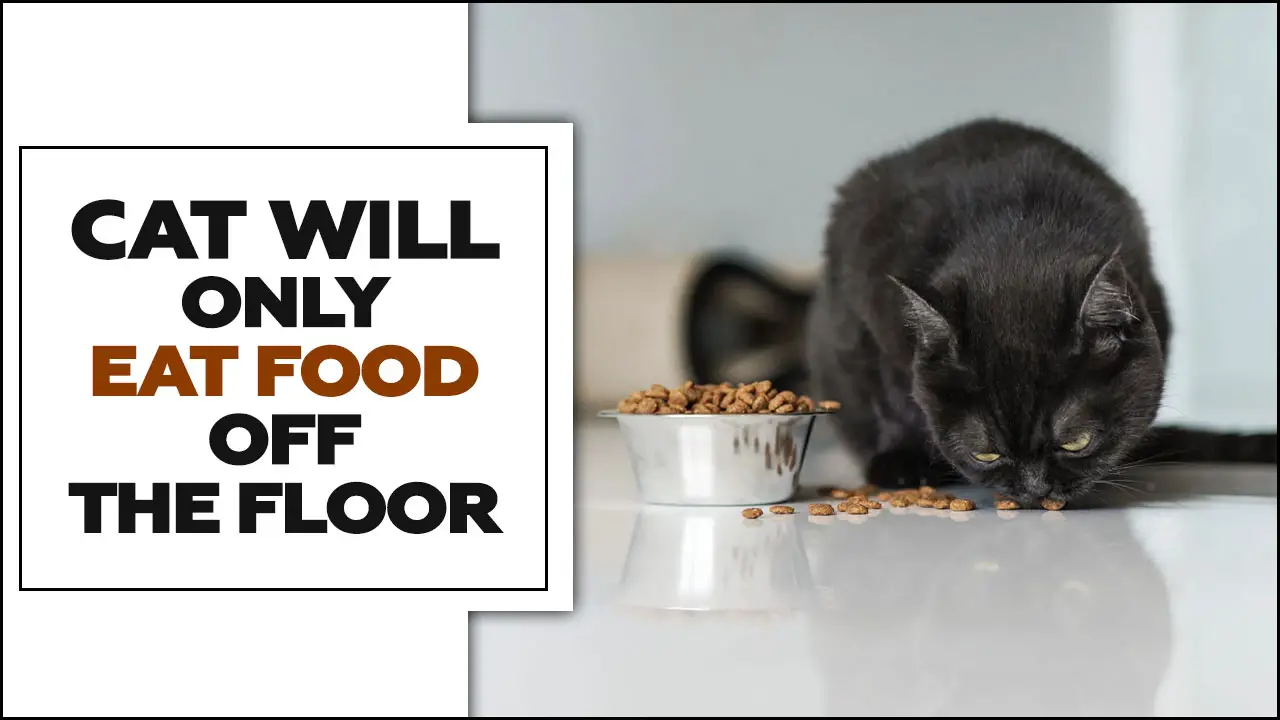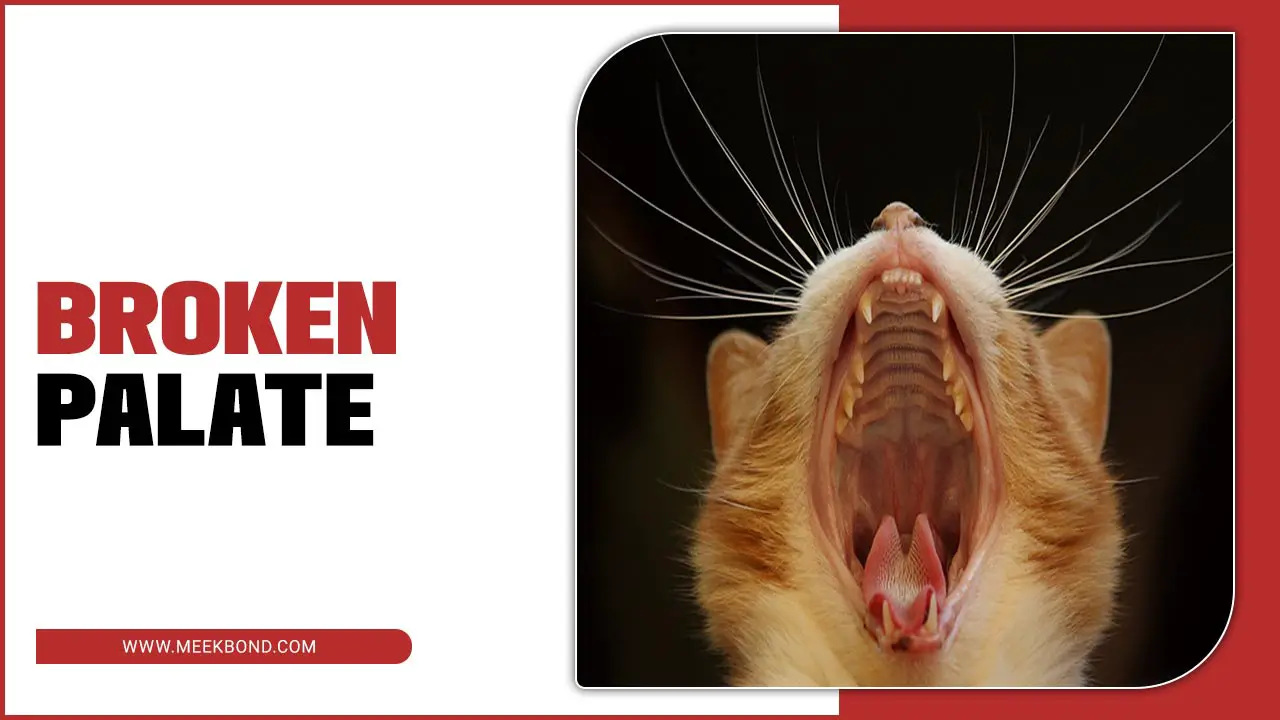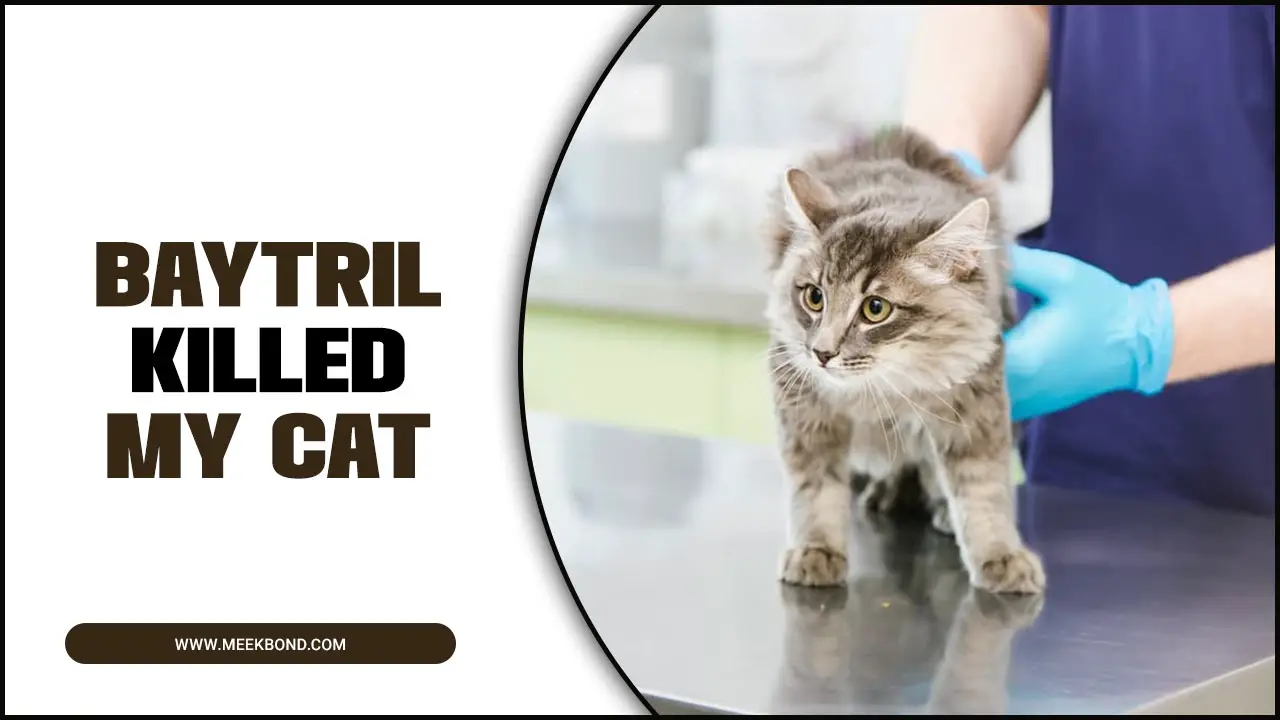As any cat owner can attest, feline companions are notorious for their picky eating habits. From turning their noses up at certain types of food to begging for treats at all hours, it’s no secret that cats have a strong opinion about mealtime.
However, what happens when your beloved feline friend demands cat wants to eat every 2 hours? This seemingly excessive behaviour may leave many pet owners puzzled and concerned. We will explore the reasons behind a cat’s frequent eating habits and provide tips on feeding your cat properly.
By understanding the underlying factors contributing to your cat’s behaviour, you can make informed decisions about their diet and ensure they stay healthy and happy. We will explore some possible reasons why your cat may be exhibiting this behaviour and what you can do to manage it.
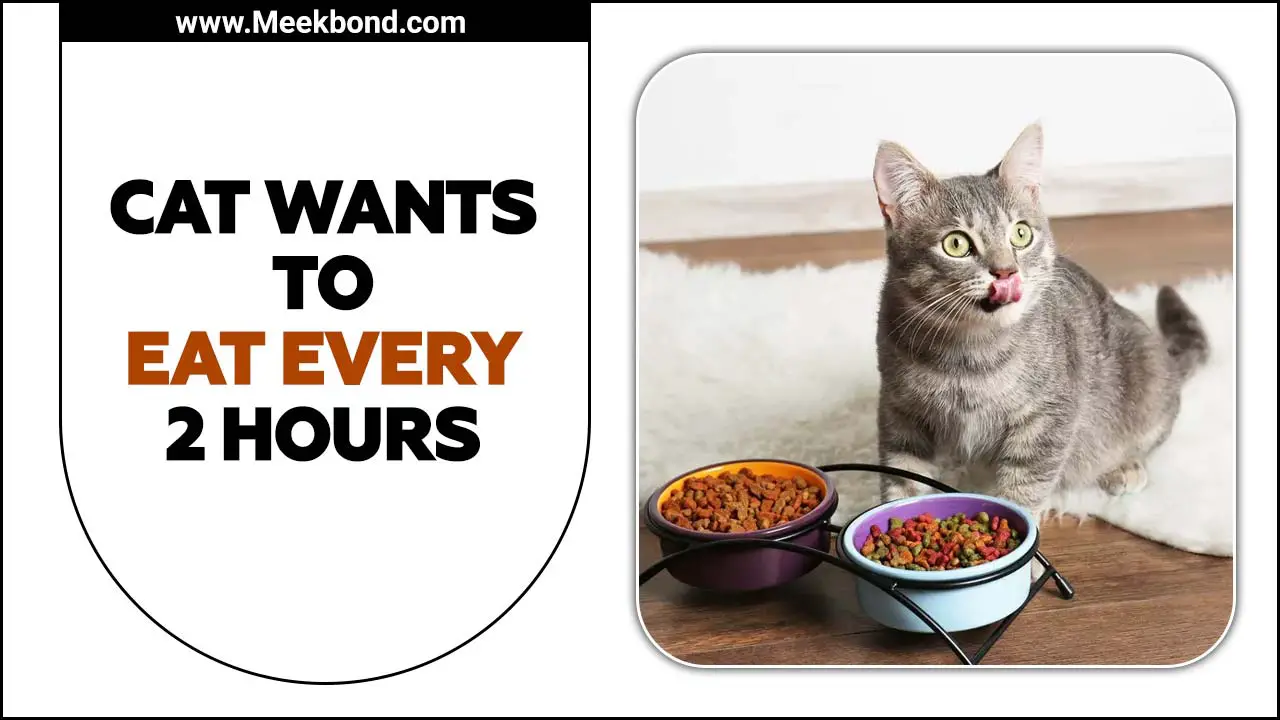
Why Is My Kitten Hungry Every 2 Hours?
If your kitten is constantly hungry and demanding to be fed every 2 hours, there could be a few reasons for this behaviour. First, it is important to remember that kittens have small stomachs and high energy levels, so that they may require more frequent meals than adult cats.
Additionally, kittens are growing rapidly and need plenty of nutrients to support their development. It’s possible that the food you are feeding them is not providing enough calories or nutrients, so they are feeling hungry more often.
Another possibility is that your kitten has worms or another underlying health issue affecting their appetite. If you are concerned about your kitten’s constant hunger, it is best to consult with a veterinarian who can help determine the cause and provide appropriate guidance.
Why Cat Wants To Eat Every 2 Hours – 9 Common Reasons
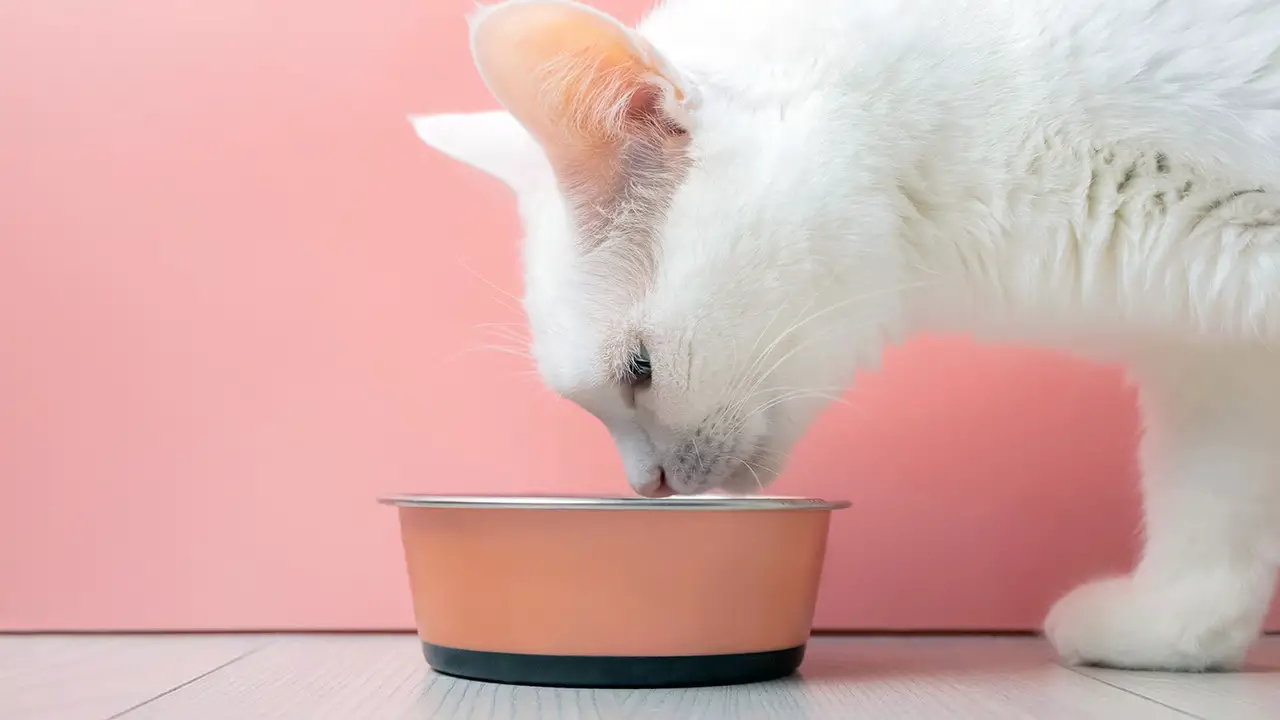
There can be several reasons why your cat wants to eat every 2 hours. It’s important to understand that cats have different metabolisms than humans, and their bodies are designed to eat smaller, more frequent meals throughout the day. Some common reasons why your cat may be constantly hungry include:
1.Inflammatory Bowel Disease
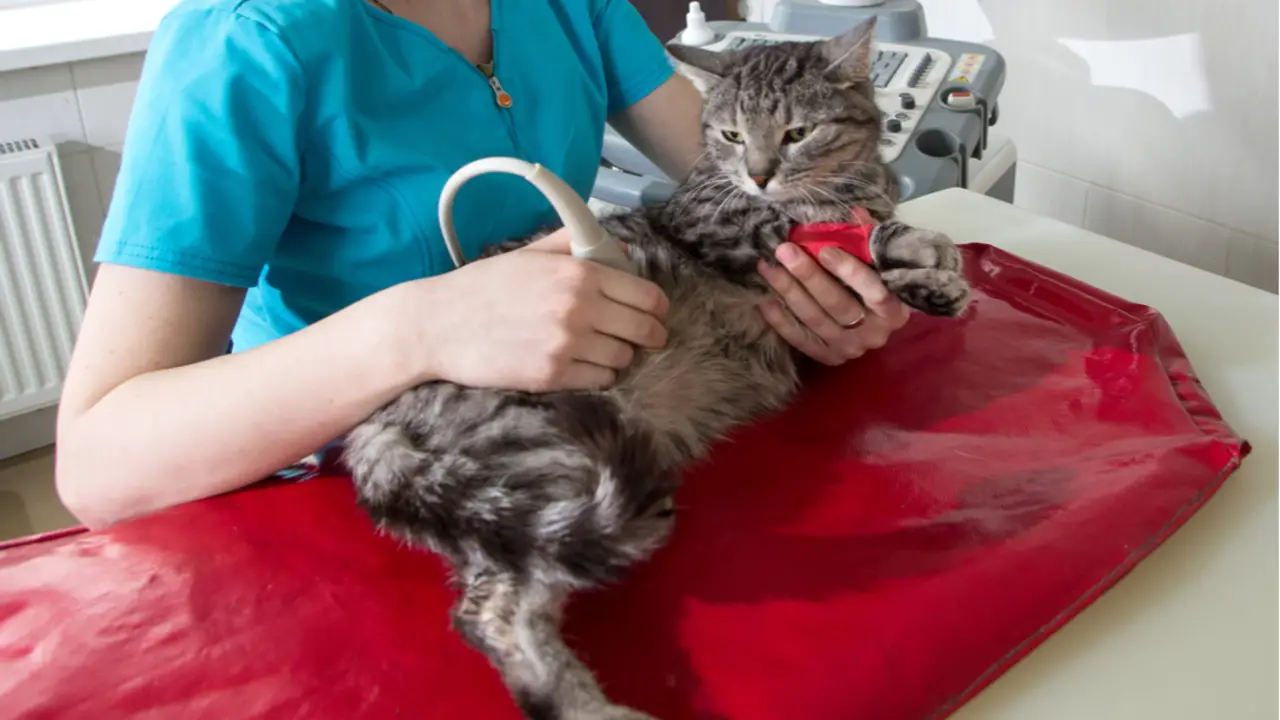
Inflammatory bowel disease (IBD) is a chronic condition affecting cats’ digestive system. It is characterized by inflammation in the lining of the intestines, which can lead to various symptoms, including frequent hunger and the need to eat every two hours.
When a cat has IBD, the inflammation in their intestines interferes with the normal absorption and digestion of food. This can result in decreased nutrient absorption and an increased feeling of hunger. As a result, the cat may constantly seek food and display an insatiable appetite.
The frequent need to eat every two hours can be challenging for both the cat and the owner. It can be exhausting for the owner to provide food constantly, and the cat may become frustrated and agitated if their hunger is not satisfied.
2.Pancreatic Disease
Pancreatic diseases, such as pancreatitis, can disrupt the normal functioning of the pancreas, which plays a crucial role in the digestion of food. When the pancreas is not functioning properly, it can affect the cat’s appetite and lead to frequent hunger pangs.
Pancreatitis is an inflammatory condition that affects the pancreas and can cause a range of symptoms, including decreased appetite, frequent vomiting, and abdominal pain.
Various factors, such as a high-fat diet, obesity, or certain medications, can trigger this condition. If a cat shows a sudden increase in appetite and wants to eat every 2 hours, it is essential to consult a veterinarian to rule out any potential pancreatic disease.
3.Hyperthyroidism
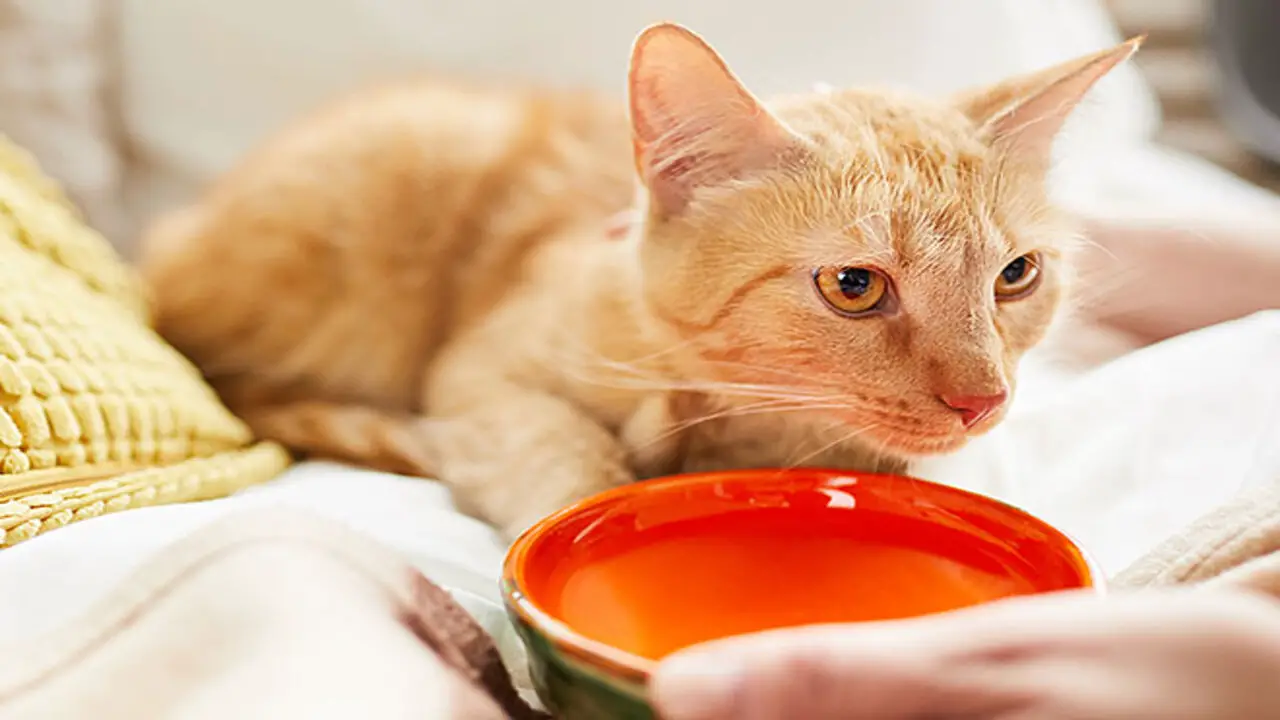
This condition can be a possible explanation for the cat’s constant desire to eat every two hours. The overproduction of thyroid hormone can significantly increase the cat’s metabolism, increasing appetite and rapid weight loss. If a cat is diagnosed with hyperthyroidism, it is important to seek veterinary care promptly.
The veterinarian may recommend various treatment options, such as medication, radioactive iodine therapy, or surgery to remove the affected thyroid gland. These treatments aim to regulate the cat’s thyroid hormone levels and alleviate the symptoms associated with hyperthyroidism.
It is crucial to monitor the cat’s eating habits and ensure its nutritional needs are met during this time. Frequent, smaller meals may be necessary to satisfy the cat’s increased appetite. Providing a balanced diet that supports the cat’s overall health is also important.
4.Parasites
It is a common condition in older cats and occurs when the thyroid gland produces excessive thyroid hormone. This overproduction of hormones can lead to various symptoms, including weight loss, increased thirst, restlessness, and a voracious appetite. When a cat has hyperthyroidism, their metabolism speeds up, causing them to burn calories much faster.
As a result, they constantly need to eat to meet their body’s increased energy demands. This constant hunger can be a challenge for both the cat and their owner, as it may disrupt feeding schedules and cause frustration. Managing a cat with hyperthyroidism requires a multi-faceted approach.
5.Diabetes Mellitus
Diabetes Mellitus is a condition that affects the body’s ability to regulate blood sugar levels. In cats, it is often caused by a lack of insulin production or an inability of the body to respond to insulin properly. When a cat develops diabetes, their body cannot effectively convert glucose into energy.
As a result, the cat may experience increased thirst, frequent urination, weight loss, and an insatiable appetite. This constant desire for food every 2 hours may indicate that the cat’s body struggles to regulate its blood sugar levels. Diabetes Mellitus in cats requires careful management to ensure the cat’s health and well-being.
This typically involves regularly monitoring blood sugar levels, administering insulin injections as a veterinarian prescribes, and implementing a specialized diet that helps regulate blood sugar levels.
6.Pregnancy Or Nursing
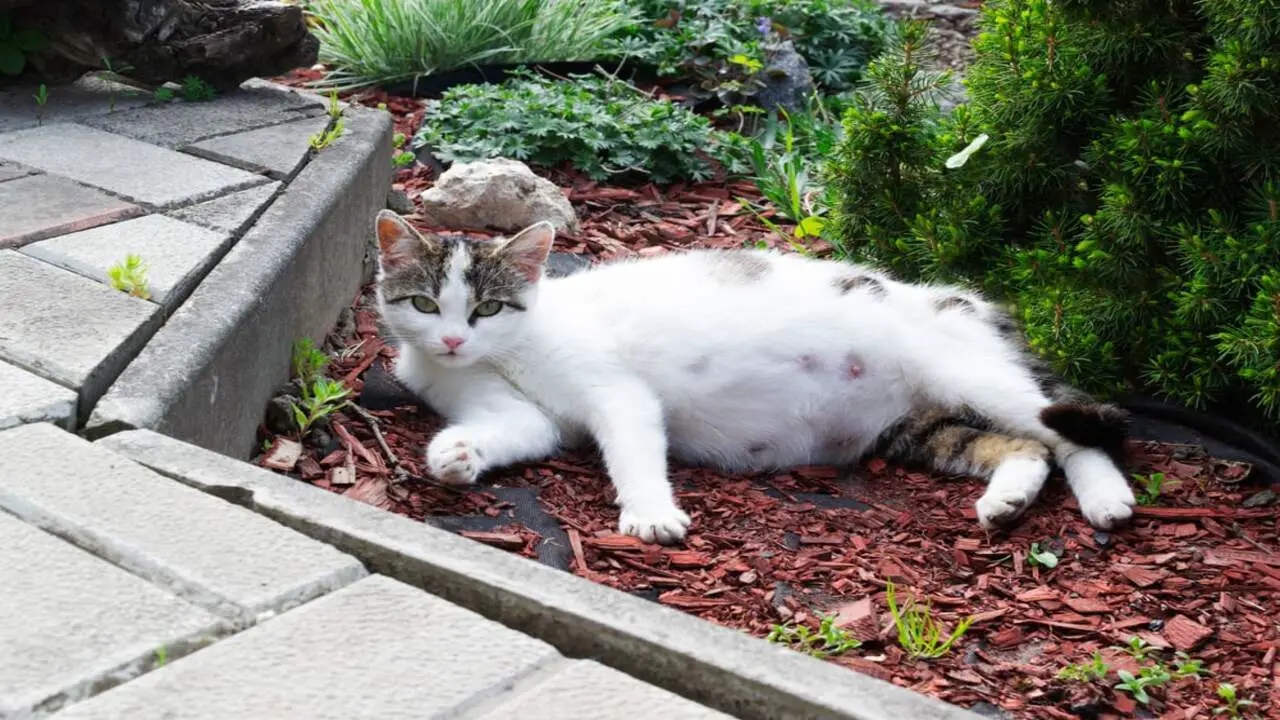
The cat’s body is going through a transformative process, requiring additional nutritional support to ensure the mother’s and her kittens’ health. At this stage, providing the cat with a well-balanced diet rich in essential nutrients such as protein, calcium, and vitamins is crucial.
Protein is particularly important during pregnancy as it aids in developing the kittens’ muscles and tissues. High-quality protein sources, such as lean meats or commercially available cat food specifically formulated for pregnant or nursing cats, should be included in their diet.
Additionally, ensuring an adequate calcium intake is essential for the mother cat’s bone health and to support the growth of her kittens’ developing skeletal system. Feeding the pregnant or nursing cat several small meals throughout the day is recommended to meet her increased energy requirements.
7.Boredom/Loneliness/Depression
Cats are social creatures that thrive on interaction and stimulation. When a cat is left alone for long periods, they can become bored, lonely, and even depressed. This can lead to decreased appetite and a lack of interest in food. To combat this, providing your cat with plenty of mental and physical stimulation is important.
Engage in interactive play sessions with toys that encourage exercise and mental engagement. Set aside dedicated time each day to play with your cat, ensuring they receive the attention and companionship they need. Additionally, consider providing your cat with environmental enrichment.
This can include puzzle feeders or treat-dispensing toys that make mealtime more engaging and exciting. Creating a stimulating environment with scratching posts, climbing trees, and window perches can help alleviate boredom and keep your cat entertained.
8.Poor-Quality Or Not Enough Food
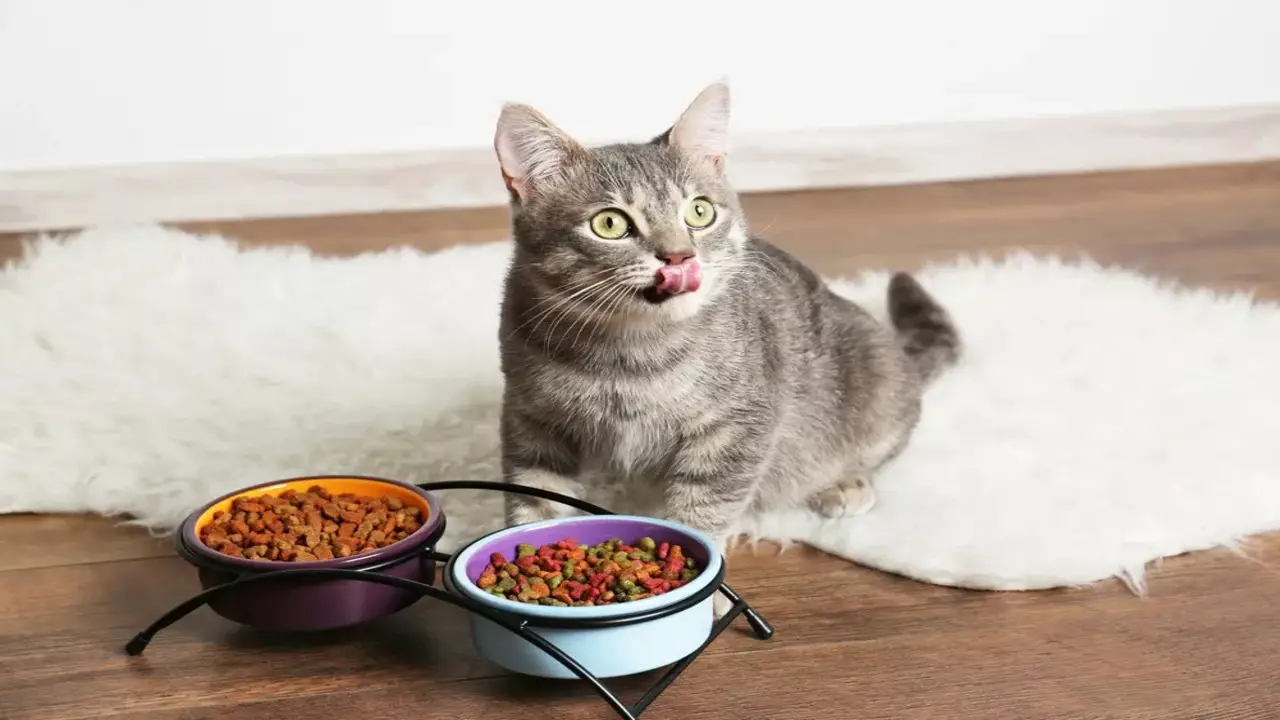
Cats require a nutritious and balanced diet to meet their nutritional needs and to feel satisfied after eating. If the food provided is of poor quality or lacks essential nutrients, the cat may need to eat more frequently to meet its nutritional requirements. Additionally, if the portions are too small or the cat is not given enough food during each meal, it may feel hungry more often throughout the day.
Therefore, it is crucial to ensure that the cat is fed high-quality and appropriate cat food that fulfills its dietary needs. By providing the right kind and amount of food, the cat’s hunger levels can be better regulated, and it may not feel the need to constantly ask for food every couple of hours.
9.Aging
As the cat grows older, its appetite and dietary needs may change. While it may still want to eat every few hours, monitoring its weight and overall health is important. Ageing cats may require a diet tailored to their needs, such as a senior or mature cat food formula.
These formulas are designed to provide the necessary nutrients to support their ageing bodies and help them maintain a healthy weight. Additionally, regular visits to the veterinarian become even more crucial as the cat ages, as they can provide guidance on proper nutrition and address any age-related health concerns.
Providing plenty of fresh water for the cat to stay hydrated is also important. By paying attention to the cat’s changing dietary needs and providing the appropriate care, we can ensure that it remains healthy and happy as it ages.
Is Feeding Your Cat Fixed Meals All Day Bad For Them?
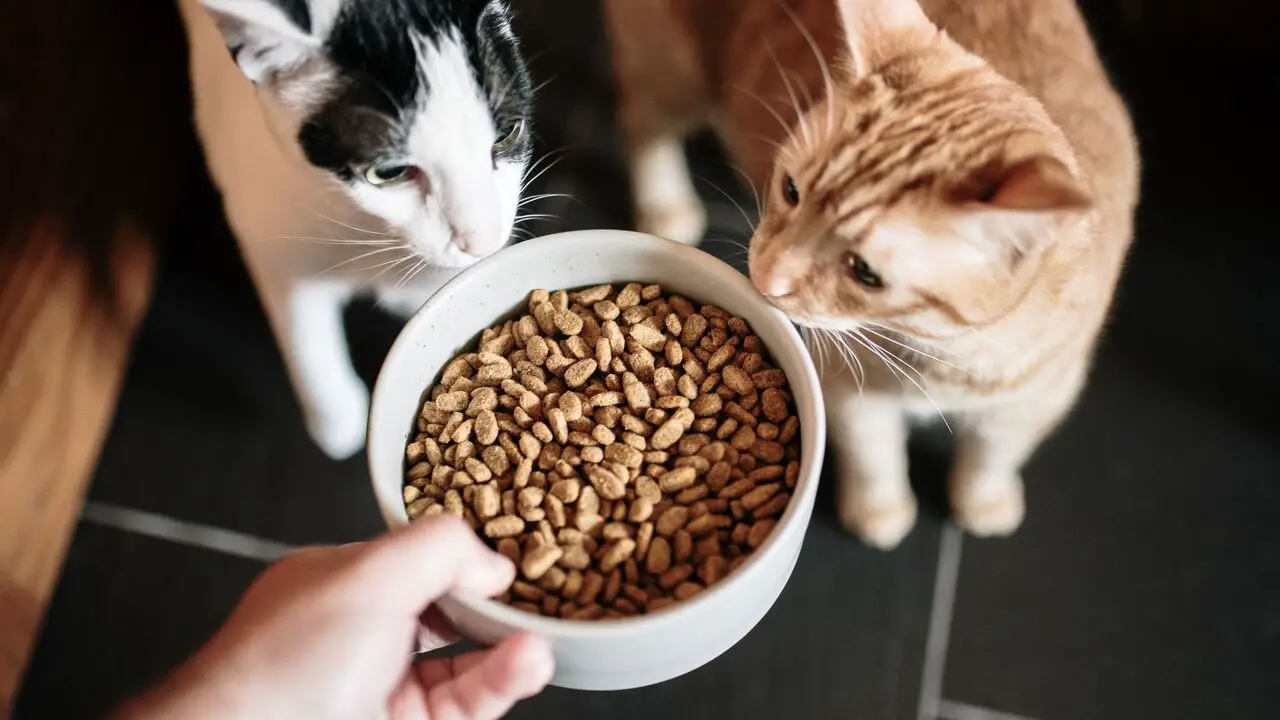
Feeding your cat fixed meals all day may not be the best option for their overall health and well-being. While it may seem convenient to leave food out for your cat to graze on throughout the day, it can lead to overeating and obesity.
Cats are natural hunters and eaters, so having set mealtimes can help mimic their natural feeding behaviour. This also allows you to monitor their food intake and ensure they receive proper nutrition.
It is important to consult with your veterinarian to determine the appropriate feeding schedule and portion sizes for your cat’s specific needs. By providing them with balanced meals at designated times, you can help maintain their weight, prevent digestive issues, and promote a healthy lifestyle for your feline friend.
What’s Wrong With Feeding Your Cat Fixed Meals Every Day?
Feeding your cat fixed meals daily is generally the recommended approach to ensure that they receive proper nutrition and maintain a healthy weight. However, if you want to eat every 2 hours, it may be a sign that they are not getting enough food or that their diet needs to be adjusted.
It is important to consult a veterinarian to determine the appropriate food for your cat based on age, weight, and activity level. Additionally, consider providing them with small, frequent meals throughout the day rather than one. Or two larger meals to help satisfy their hunger and prevent overeating. By taking these steps, you can help ensure your cat is healthy and well-nourished.
A Weight Loss Solution That’s So Simple; How Do I Know?
If you want to eat every 2 hours cat, it may be a sign that they are overweight or that their current diet is not satisfying their nutritional needs. One simple weight loss solution for cats is portion control. By measuring your cat’s food and feeding them smaller, more frequent meals throughout the day, you can help them feel fuller for longer and prevent them from begging for food.
It is important to consult with your veterinarian before making any changes to your cat’s diet to ensure that they receive the proper nutrition and rule out any underlying medical conditions that may be causing their increased appetite.
How To Prevent A Cat From Overeating
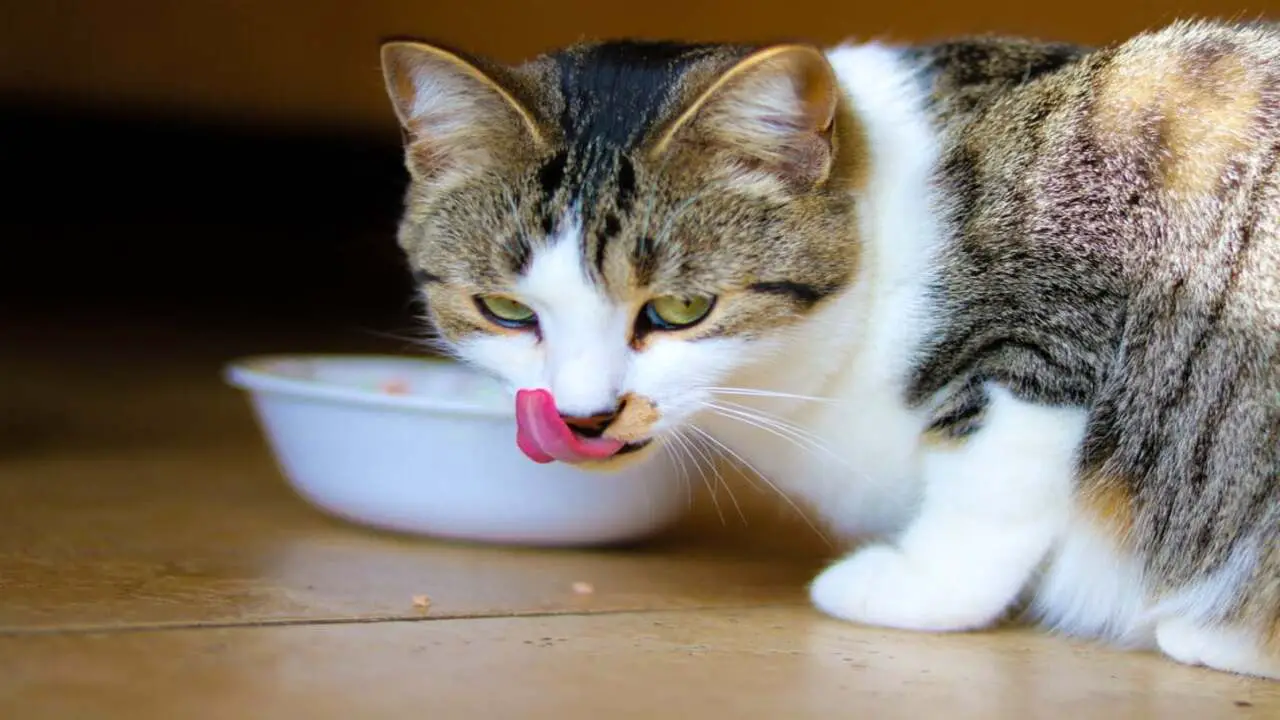
Attention to their food bowls and dishes is important to prevent a cat from overeating. One effective strategy is to invest in a slow feeder bowl. These bowls are designed with obstacles or ridges that make it more challenging for the cat to access the food.
This helps slow their eating pace and prevents them from consuming large amounts of food in a short period. Additionally, it is advisable to divide their daily food portion into smaller meals throughout the day. How to Prevent Yourself from Overeating:
- Control Portion Sizes: Measure your cat’s food portions according to their recommended daily intake. Avoid free-feeding, as it can lead to overeating.
- Stick To A Feeding Schedule: Establish a consistent feeding schedule and stick to it. This will help regulate your cat’s hunger and prevent them from constantly grazing throughout the day.
- Use Slow Feeder Bowls: Slow feeder bowls have obstacles or patterns that make it more challenging for your cat to eat quickly. This helps to slow down their eating pace and prevent overeating.
- Avoid Table Scraps: Don’t give in to the temptation of sharing your human food with your cat. Many human foods can be harmful to cats and can also contribute to overeating.
- Provide Mental Stimulation: Engage your cat in interactive play sessions or provide puzzle toys to stimulate them mentally. This can help prevent boredom and unnecessary eating out of habit.
Do Cats Lose Weight If You Feed Thinned-Out Foods?
Feeding thinned-out foods to a cat may not necessarily result in weight loss. While reducing the calorie content of their food by adding water or broth can make them feel fuller. Ensuring they still receive all the essential nutrients they need is important.
Consult your veterinarian to determine the best approach for managing your cat’s weight and overall health. They may recommend a specific weight management diet or guide portion control and exercise to help your cat achieve a healthy weight. Remember, every cat is unique, so it is crucial to follow professional advice to ensure their well-being.
How Much Weight Can A Pet Lose?
It is common for cats to want to eat every 2 hours, especially if they are young or have a high metabolism. However, it is essential to monitor their weight to ensure that they are not losing too much.
A healthy weight loss for a cat is generally around 1-2% of their body weight per week if they are losing more than this. It may indicate an underlying health issue; you should consult your veterinarian. Additionally, suppose your cat is constantly hungry and begging for food.
In that case, it may be worth considering switching to a higher-protein food or incorporating more frequent feeding times into their daily routine. As always, keeping a close eye on your pet’s eating habits is essential. And consult a professional if you have any concerns about their health.
How Can Any Normal Cat Lose Weight?
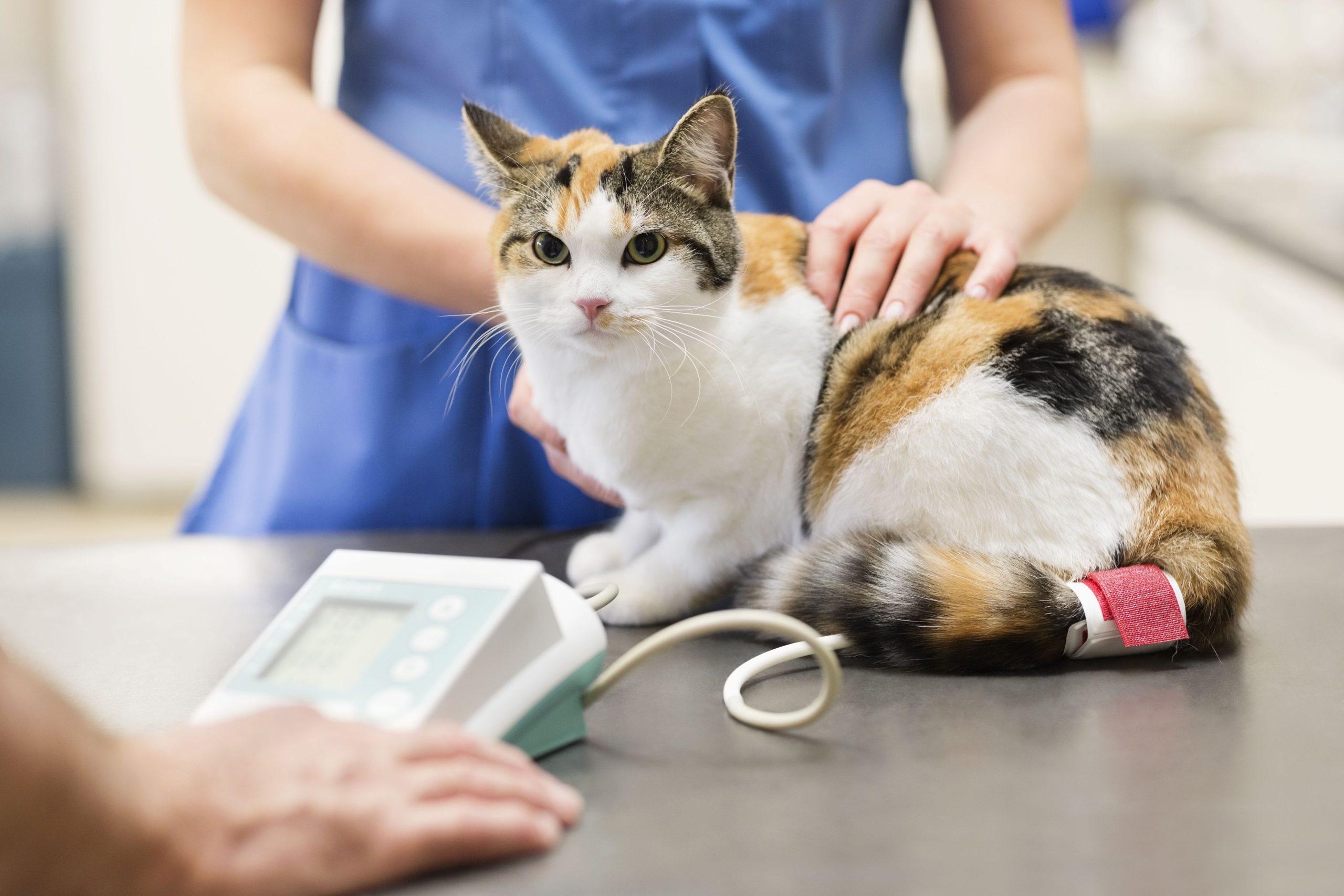
Suppose their current feeding regime is anything like mine. Then, they generally eat anywhere from 200 calories to 1000 per day; these are estimates based on my preferred diet, which has yielded amazing results over many years of trials. And spending a lot of time researching the best food to keep my cats fed well. It is not uncommon for cats to want to eat every 2 hours.
Especially if they are bored or have access to unlimited food. However, this can lead to weight gain and potential health issues. You can do several things to help your cat lose weight. First, limit their food intake by feeding them smaller meals throughout the day instead of always leaving food out.
You can also try incorporating more exercise into their routine by playing with them or providing toys that encourage physical activity. Additionally, consider switching to a high-protein, low-carbohydrate diet that can help keep them feeling fuller for longer. Consulting with your veterinarian can also provide helpful guidance on how to safely and effectively help your cat lose weight.
Why Is My Cat Always Hungry?
Many cat owners may wonder why their feline friend always seems hungry. There can be several reasons for this behaviour. One common reason is cats have a naturally high metabolism, meaning they need to eat more frequently than humans.
Additionally, if your cat is not getting enough nutrients from their current diet, they may need to eat more often to satisfy their nutritional needs. It’s also worth considering whether your cat is getting enough exercise and mental stimulation, as boredom can sometimes lead to overeating.
Suppose you are concerned about your cat’s constant hunger. In that case, it may be worth consulting with a veterinarian to rule out any underlying health issues and ensure that your furry friend receives proper nutrition.
Is A Cat Always Hungry? How To Occupy The Boredom Eater?
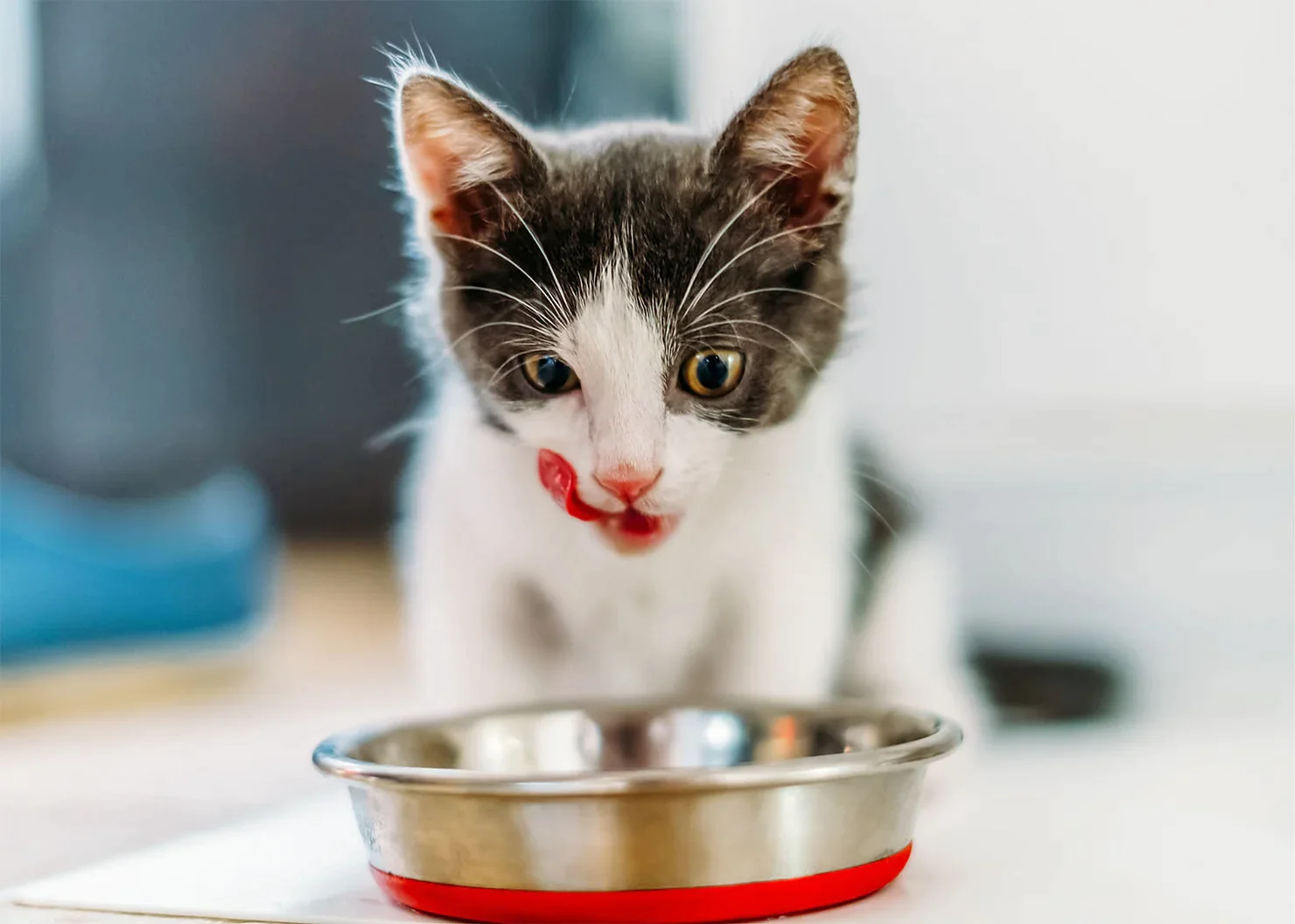
Does everyone know that cats always seem hungry, but is there a reason for it? Well, the answer may surprise you. Cats always seem hungry because their natural digestive system is designed to eat small, frequent meals.
This system is activated when the cat is stressed or bored, and it’s essential to keep up regular playtime and feeding times to keep your cat occupied and content. If your cat always seems hungry, try feeding them small meals throughout the day instead of one big meal at night.
Another way to fight this natural hunger is by providing your cat with toys, playtime, or other activities to occupy them. So, whether your cat seems hungry or not, there’s always something to do to keep them entertained and happy.
When A “Healthy Appetite” Is More Than “Healthy”
It is not uncommon for cats to have a healthy appetite. But when they want to eat every 2 hours, it may be a cause for concern. This could indicate an underlying health issue or that your cat is not getting enough nutrients from their diet. Some possible reasons for your cat’s constant hunger include hyperthyroidism, diabetes, or obesity.
To determine the root cause of their increased appetite, it is essential to consult with a veterinarian who can conduct tests and provide appropriate treatment. In the meantime, consider providing your cat with smaller and more frequent meals throughout the day to help satisfy their cravings while maintaining a healthy weight.
Is A Hungry Cat Always A Cause For Concern?
It is not uncommon for cats to have a hearty appetite and want to eat every 2 hours. However, monitoring their weight and overall health is important to ensure their hunger is not a cause for concern.
In some cases, excessive hunger can be a sign of an underlying medical condition such as hyperthyroidism or diabetes. Hence, you must consult a veterinarian if you notice any changes in your cat’s eating habits.
Additionally, providing your cat with high-quality food and ensuring enough exercise can help regulate their hunger levels. Ultimately, every cat is different, and what may be normal for one may not be normal for another. So, it’s best to pay close attention to your cat’s behaviour and consult a professional if you have any concerns about their health.
How Many Times Should A Cat Eat Per Day?
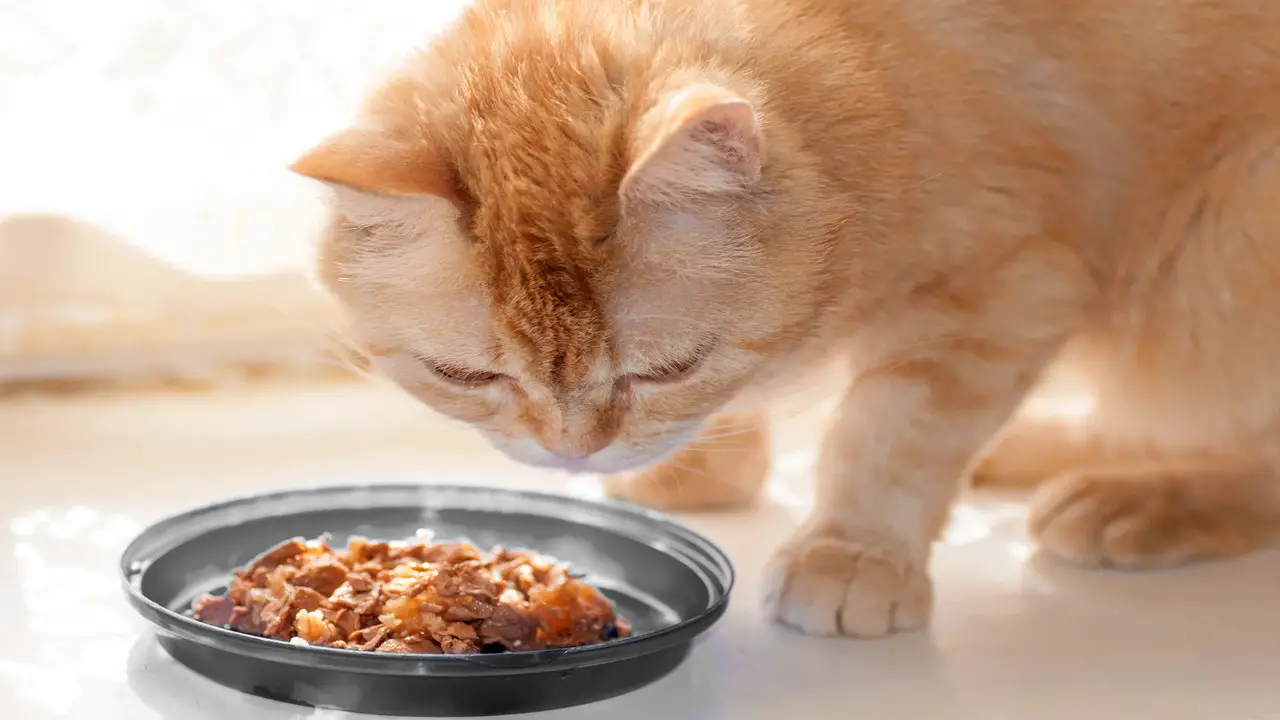
A cat should eat three times a day to stay healthy and happy. Feeding time should be simple – feed your feline friends when they appear hungry and stop when they’re full.
If you’re unsure how much your cat is eating, use a treat-dispensing toy or food scale to measure out servings size-for-size. Eating small meals throughout the day makes your cat less likely to beg for food constantly. So, put away the Tupperware and give your cat a break – they’ll thank you for it.
Conclusion
It is not entirely abnormal for a cat to want to eat every 2 hours, especially if they are still growing or active. However, it is important to monitor their weight and make sure they are not becoming overweight or obese. Additionally, frequent feeding can lead to dental problems, so it is important to provide dental care and regular check-ups with your veterinarian.
Suppose you have concerns about your cat’s eating habits or overall health. It is best to consult a veterinarian for personalized advice and guidance. Taking care of your cat’s health and well-being is crucial for its happiness and longevity.
This includes providing a balanced and nutritious diet, plenty of exercise and playtime, regular check-ups with a veterinarian, and monitoring their behavior and habits. With proper care and attention, your furry feline friend will thrive and bring joy to your life for years. We have provided the information of cat wants to eat every 2 hours.
Frequently Asked Questions
Is It Normal For A Cat To Eat Every 2 Hours?
No, it is not normal for a cat to eat every 2 hours. Cats typically have a slower metabolism and do not require frequent meals. Feeding cats 2-3 meals daily is recommended, depending on their age, activity level, and dietary needs.
Why Is My Cat Begging For Food Every 2 Hours?
Your cat may beg for food every 2 hours for several reasons. It could be because they are not getting enough food or nutrients from their diet, leading to increased hunger.
Why Is My Cat Suddenly Hungry All The Time?
There can be several reasons why your cat is suddenly hungry all the time. It could be due to a change in their metabolism. A medical condition such as hyperthyroidism or diabetes or it could be a behavioral issue.
Is It OK To Feed My Cat 4 Times A Day?
Yes, feeding your cat 4 times a day is generally okay. Especially if you have a kitten or cat with specific dietary needs. However, it is important to consult your veterinarian to determine the appropriate feeding schedule for your cat based on age, weight, and health condition.
Can I Feed My Cat 6 Small Meals A Day?
Yes, feeding cats small, frequent meals throughout the day is generally recommended. This feeding schedule can help prevent overeating, promote digestion, and maintain a healthy weight for your cat.

Aquarium passion is all about connecting with the aquatic life and providing education to the public on the importance of these creatures. We showcase a wide variety of marine life through our exhibits as well as working with schools to provide unique learning opportunities for students of all ages.

